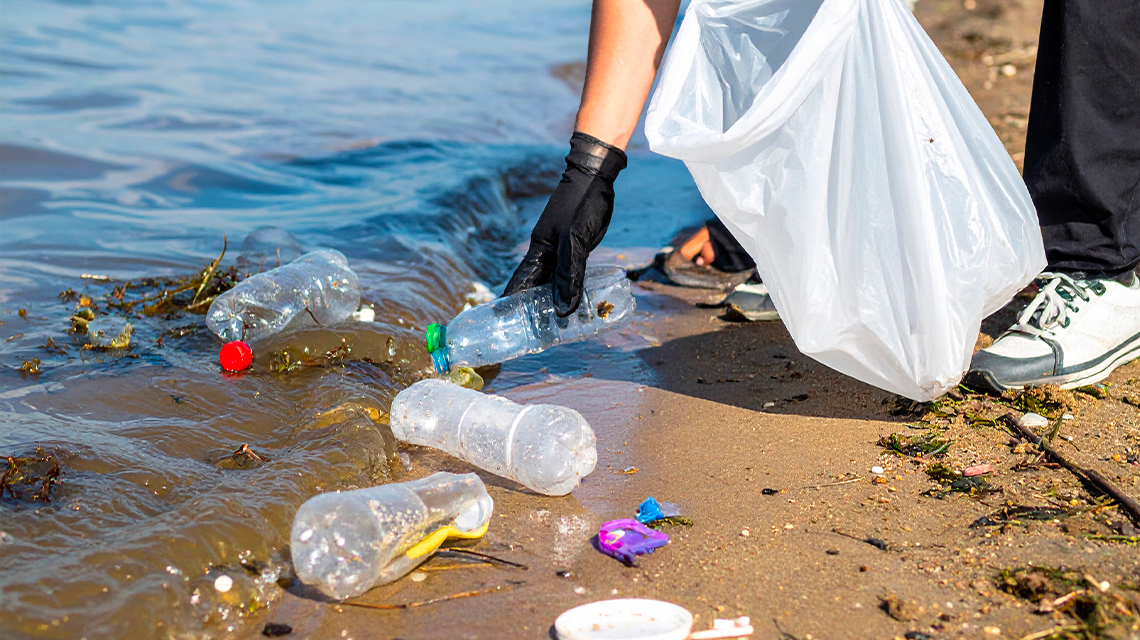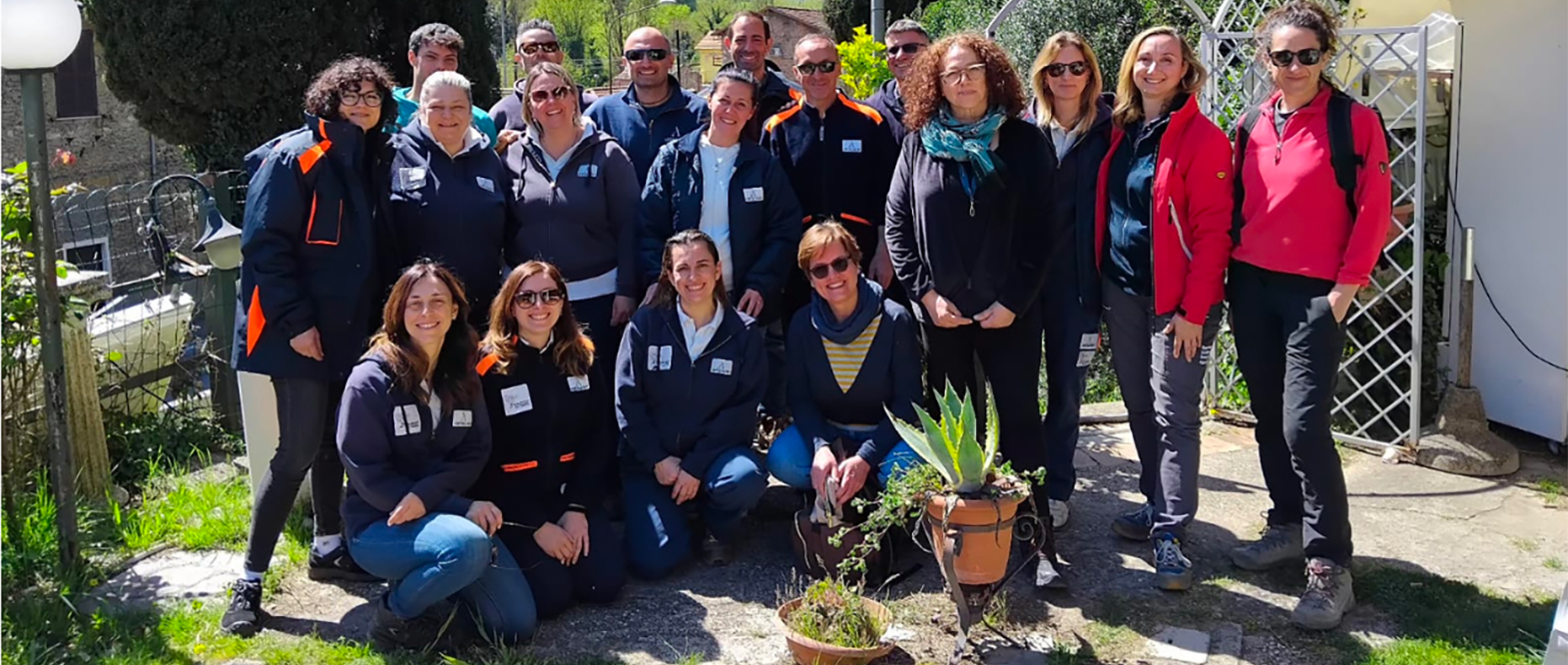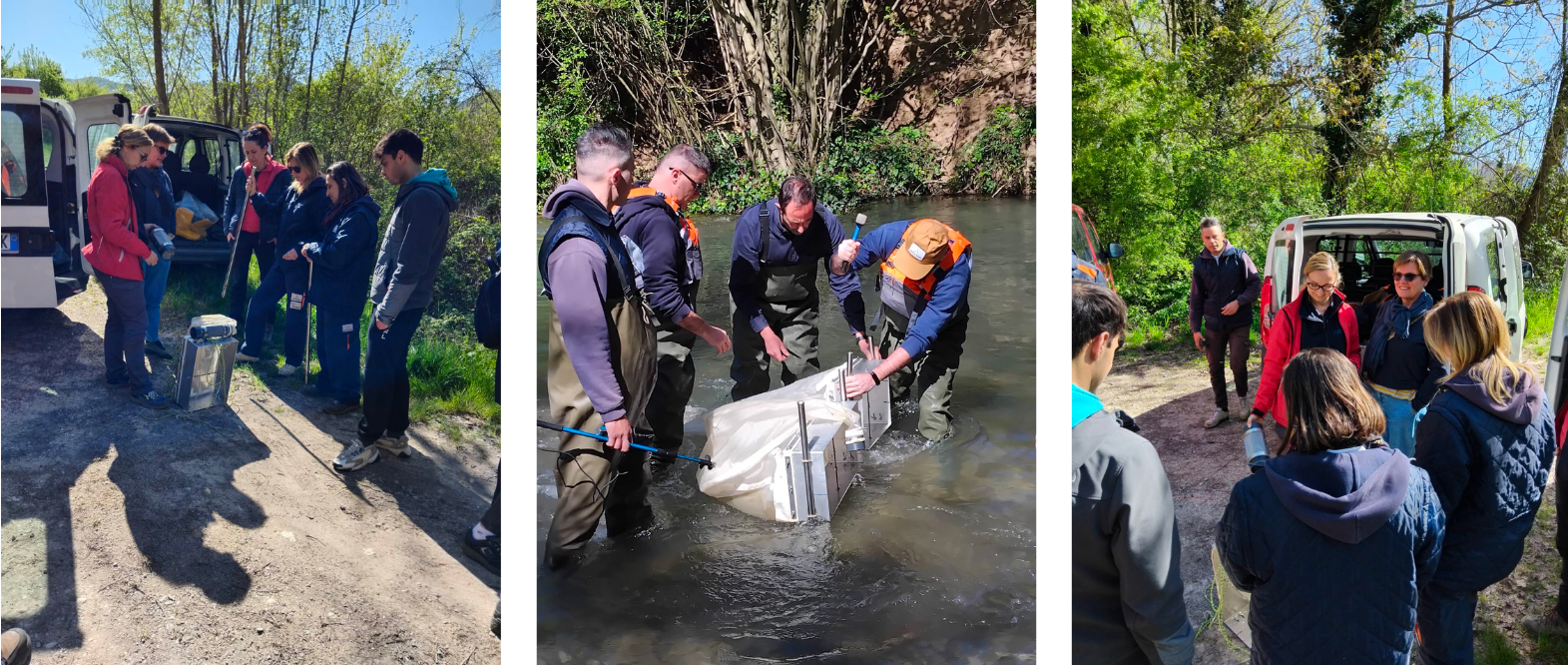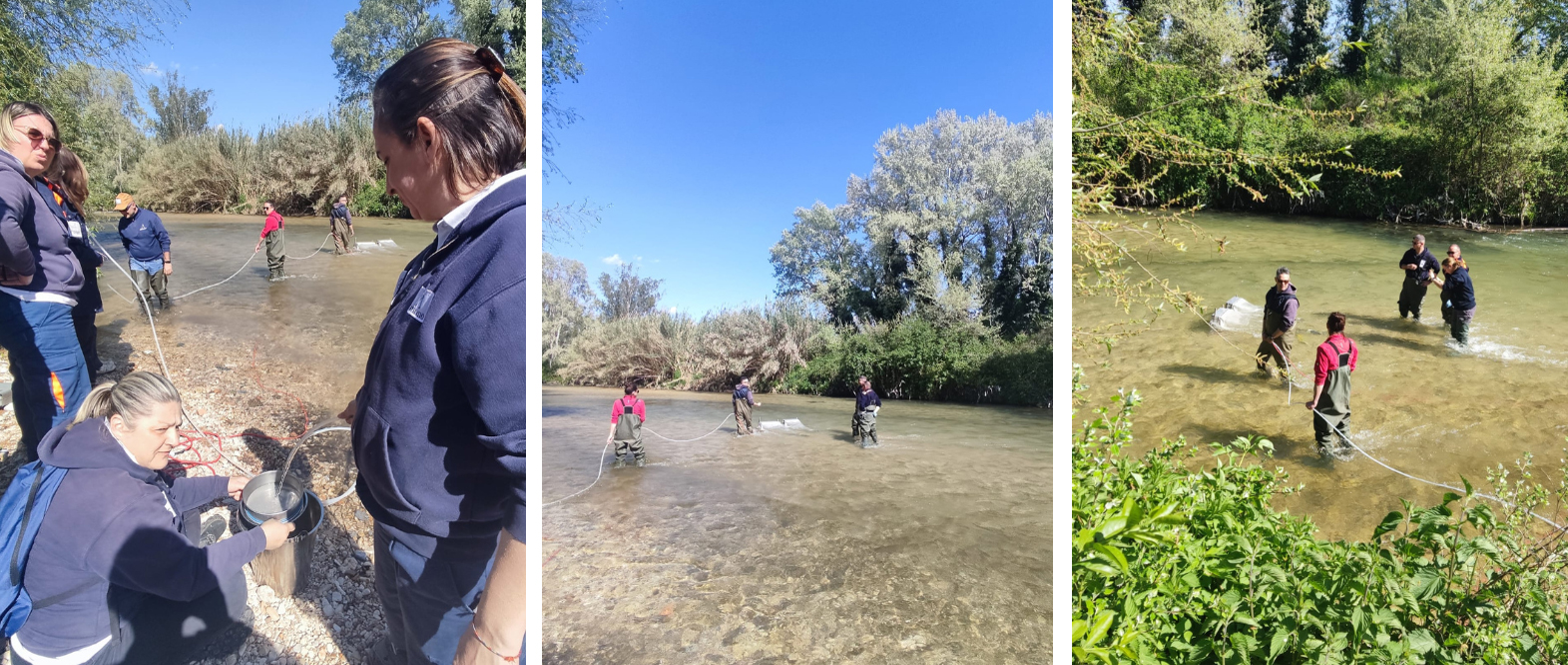Italian National Agency for New Technologies, Energy and Sustainable Economic Development

Environment: Project to counter plastic pollution in waterways
Plasticentro is a project funded by the Ministry of Environment and Energy Security with the aim of performing monitoring and countering of macro- and microplastics in the waterways of the central Apennines. The project also includes knowledge enhancement in the target territories and involves ENEA, ARPA Umbria, ARPA Lazio, Marche Polytechnic University and Legambiente, under the guidance of the Central Apennine District Basin Authority.
Among the main objectives of the project is to intercept and collect litter from streams and riverbanks before it reaches the sea. Concurrently with the cleanup, the collected waste will be categorized-based on its composition and origin.
“To combat the pollution of watercourses, Plasticentro envisages a series of experimental activities to identify suitable actions and monitoring tools, also considering the territory they flow through,” explained Patrizia Menegoni, project leader and researcher at the ENEA Biodiversity and Ecosystems Laboratory. “ENEA” she said " will participate in the drafting of a protocol to establish sampling methods, already tested in the European Life Blue Lakes project. In addition, we will define the current level of of the studies with the identification of the affected areas and river rods."
ENEA will also be responsible for the preparation and implementation of the monitoring campaigns jointly with ARPA Lazio and ARPA Umbria. The final phase will be focused on analysing the results, with the validation of the microplastics monitoring protocol.
Several territorial institutions are also collaborating in project activities, including the Regions of Abruzzo, Lazio, Marche and Umbria, Port Authority of Rome, Tiber River Contract, Foce-Castel Giubileo, Region, Wetland Contract Manager Rn Sentina, Egato Ato2, Acea-Ato2.
More than 320 million tons of plastic are generated each year, of which an estimated 5-13 million end up in the marine environment, which is equivalent to more than 80% of the total waste found in the sea.



